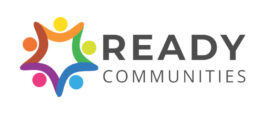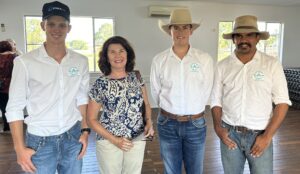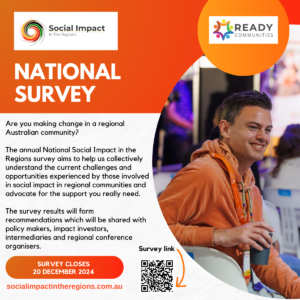Is your community ready?
Regional communities are filled with potential.
Ideas, energy, and commitment already exists but too often, change stalls because the enabling conditions are not in place. That’s where the Ready Communities Local Impact Facilitator Program fits.
The program has been developed following decades of work supporting and deep research supporting hundreds of regional leaders by Ready Communities Co-founders Kerry Grace and Dr Chad Renando.
Launching in March 2026, the program is designed for people who do and are embedded in communities that are ready to embrace change.
We are currently seeking applications from both individuals and organisations for our 2026 cohort. NOTE: We are only accepting applications from four communities for the 2026 cohort, requiring one to two people from each community.
Build readiness in your regional community
Communities don’t thrive because of one project, one grant, or one organisation. They thrive when the underpinning conditions support that change to stick and grow. That is, they are ready.
The Ready Communities team have distilled readiness into five measurable conditions that drive long-term, sustainable change. Local Impact Facilitators are trained to spot gaps, strengthen these conditions, and guide their communities towards readiness.
What are the readiness indicators and how might they support your community?
Clarity & Understanding
Does your community share the same map of its network, rules, and priorities? Readiness cuts through confusion and makes the picture clear.Connection & Connectivity
Are networks strong and accessible? Readiness makes sure people know who to call, where to go, and how to link opportunities.Capability & Capacity
Are skills, resources, and leadership in place? Readiness helps communities strengthen their bench so ideas can turn into action.Collaboration for Purpose
Are groups pulling together with trust and shared goals? Readiness brings people around the table, reduce duplication, and unlock co-investment.Advocacy & Promotion
Does your community have a unified voice that gets noticed? Readiness helps shape the story so funders, government, and partners want to be part of it.
Why this program matters:
Short-term projects alone don’t transform regions. Local Impact Facilitators make sure the enabling conditions are there so those projects don’t fizzle out once the funding dries up.
By joining the program, you will:
Learn practical tools to measure and improve readiness.
Convene the right people in the right conversations.
Turn scattered energy into collective momentum.
Position your community for investment, partnerships, and long-term impact.
Who is it for?
Local leaders who want to move beyond “projects” into systemic change.
Staff in councils, chambers, and regional development organisations.
Social entrepreneurs and community practitioners ready to scale their impact. and be a part of a national network.
Emerging changemakers with the drive to convene and connect.
What is included?
The program kicks off with a five day residential in Grafton, NSW in March 2026.
Following the residential program, the Ready Communities team support the program participants to deliver the following activities in their own community:
- Readiness Index survey
- Mapping of key stakeholders
- Identify focus areas and focus area leaders and deliver readiness events
Participants also have access to:
- Ready Communities mapping system with a one-year licence (valued at $6,500)
- One full-conference tickets per facilitator and community discount tickets to SIITR26
- Access to Ready Communities Readiness Index survey system
The Ready Communities team will support the Local Impact Facilitator communities with:
- Fortnightly catchups from March to December.
- An in-community visit by the Ready Communities team to the community to support the Facilitator and engage with key stakeholders.
- Support delivery of a mini-impact summit in October to November.



